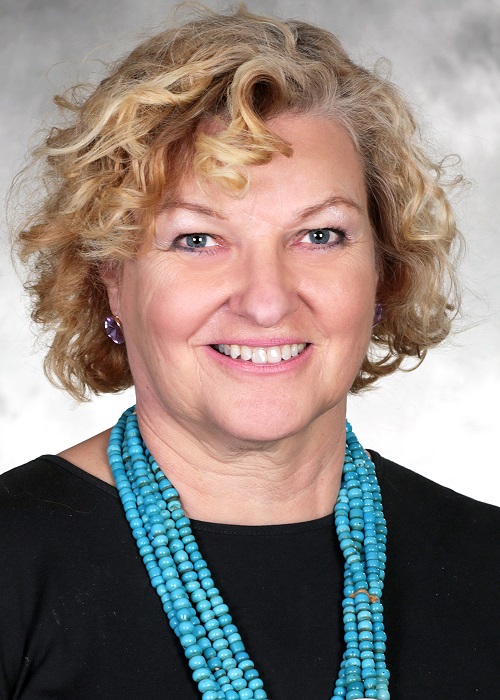In June, Mary Sullivan accepted the position of chief nursing officer at Bradley Hospital, where she has worked since 1991 as the director of utilization management. She will remain in that role while taking on her new responsibilities as chief nursing officer.
Sullivan discusses how the hospital has changed over the past three decades, and what drew her to a career in health care.
PBN: As you settle into your new role as chief nursing officer at Bradley, what are some of your top priorities?
SULLIVAN: I’m very grateful for the opportunity to be chief nursing officer at Bradley Hospital. My highest priority is to ensure the continuation of top-quality care for the children, adolescents and families who come to us for treatment.
I also look forward to creating a nursing environment that fosters collaboration and partnerships with all disciplines and departments to guide us in providing the best care possible for all our patients.
PBN: You’ve been director of utilization management for Bradley since 1991. How has that role changed over the past three decades?
SULLIVAN: Utilization management remains central to the treatment plans for our patients at Bradley Hospital. Over the years, our own internal processes have strengthened – centered around a careful look at the level-of-care needs of patients.
Treatment team discussions focus on length-of-stay considerations, as well as transition-of-care needs. I have witnessed an increased collaboration among health care insurers regarding their dialogue with our utilization management team. There have been greater parity considerations by some insurers. For example, Blue Cross & Blue Shield of Rhode Island now allows a notice of admission of a child in crisis needing hospital level of care, with an allowance of a five-day period before an insurance review/approval for further care if needed.
This practice is far preferable to the requirement of petitioning an insurer for hospital level of care approval while a child in crisis waits in an emergency room pending that insurance authorization.
PBN: How long have you been a nurse, and what drew you to a career in health care?
SULLIVAN: I started my Bachelor of Science in nursing coursework directly out of high school. I was drawn by the science and math, and the varied opportunities and challenges provided in the field of nursing.
The different paths available to nurses have served me well, as I have worked in … [medical-surgical], intensive care and emergency department settings, in addition to being able to fulfill my longtime interest and fascination with child/adolescent psychiatric care and utilization management.
In my role as chief nursing officer, I am focused on patient-centered care, ensuring that all children we treat are viewed in an unbiased manner, with mental health accounting for as much as physical health. My vision for the future of nursing is embracing our abilities and contributions as innovators in patient care.
PBN: What are some of the most significant ways that the COVID-19 pandemic has affected operations at Bradley Hospital?
SULLIVAN: The pandemic has introduced an entirely new framework within which we conduct our daily hospital functions. All staff are acutely aware and well-trained in the use of personal protective equipment. Staff are masked at all times.
While this is essential to reduce virus transmission, this does introduce a new factor in the treatment of children. Our patients are unable to see our full expressions, which at times makes it hard for them to gauge our support, increasing the importance of clear verbal communication and body language.
The restrictions on hospital visitations have presented challenges with offering parents and guardians an opportunity to connect with their children. The creative use of telecommunication devices became central to the efforts of staff in bringing families together during these challenging months.
PBN: What are some of the issues that the hospital’s senior leadership team takes on, and did its role shift during the COVID-19 crisis?
SULLIVAN: In addition to usual responsibilities, all members of our hospital senior management team were charged with understanding the important need for infection control throughout the hospital and ensuring that both staff and patients remained safe.
As this pandemic was introduced in early March, I was newly appointed as interim chief nursing officer. I witnessed firsthand an impressive cohesive assembly of our hospital leadership working closely under the daily guidance of Lifespan Infection Control leadership, as well as the oversight of the R.I. Department of Health, to develop carefully planned protocols to limit the transmission of COVID-19.
While throughout our hospital systems there were patients and staff diagnosed with the novel coronavirus, at Bradley Hospital, through collective diligence on the part of leadership and staff, the incidence of this virus has remained limited.
Elizabeth Graham is a PBN contributing writer.













